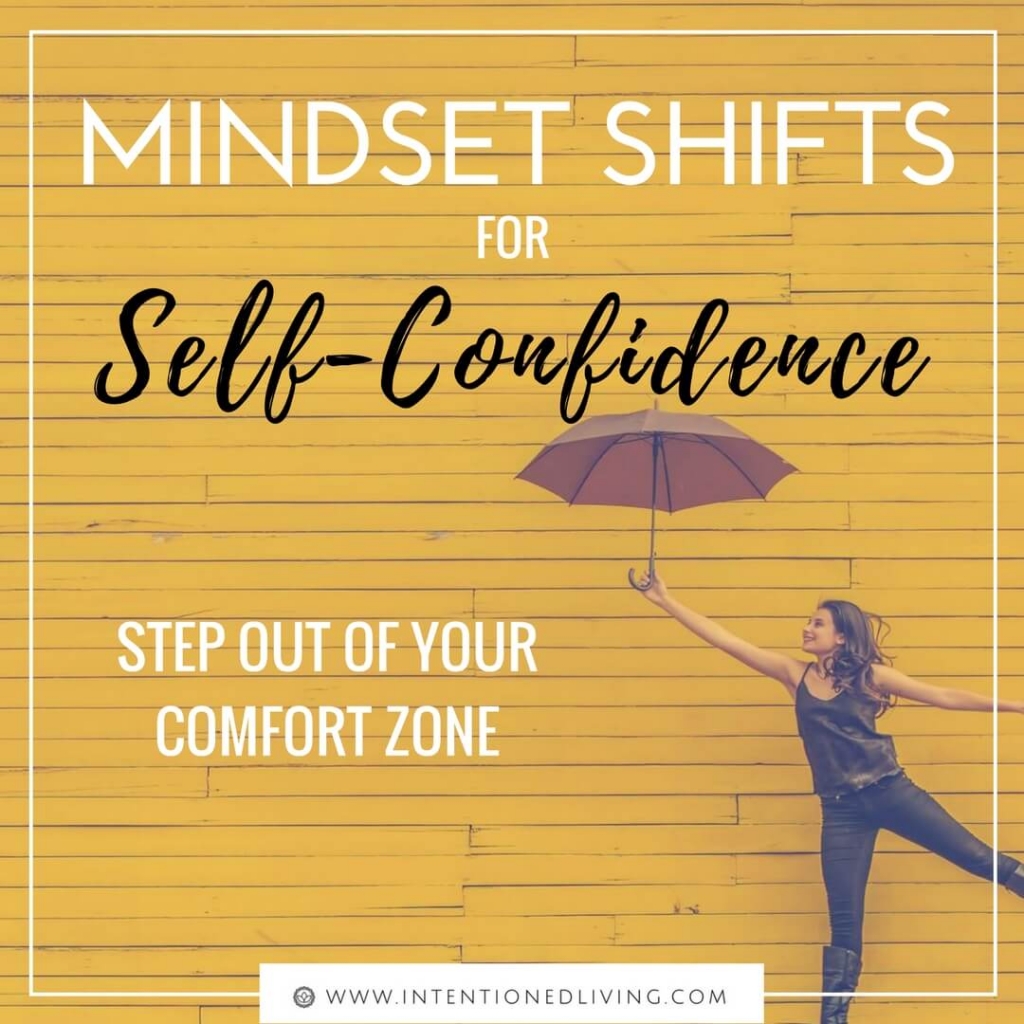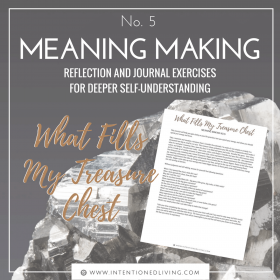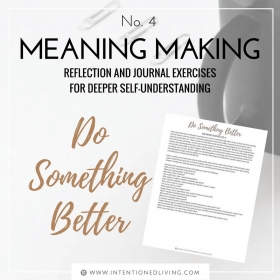
Self-confidence is something we all desire, we all have experienced it at a high at times, and at other times at a painful low. We see others who we perceive to have huge amounts of self-confidence and we wonder how we can be there too. And we know that if we were more confident that we would have so many more opportunities in work, relationships, and life.
Let’s take a moment to consider what self-confidence actually is. Self-confidence is believing in yourself – your abilities, skills, knowledge, judgment, etc. It’s essentially trusting yourself. It’s something that we have within ourselves, which means that we have the ability to control it. If we put on our logic hats, from this we know that we have the power to make it high, or low. We have the power to rev it up and put it into gear when we need to. For those who have spent a lot of energy and emotion combatting their lack of self-confidence, it may be hard to take in those last few sentences.
What gets in the way of having uber amounts of self-confidence?
When considering the answer to this a lot may come to mind such as factors of a particular incident, what happened or didn’t happen at some point in time, or something someone else said or did. If we wanted, we could come up with a very, very long list.
Behind and attached to all those factors is a little four letter word – FEAR. It is fear that we will make a mistake, fear of judgment, fear of failure, fear of the unknown.
I heard something interesting about fear that has stuck with me. I heard that fear is Finding Evidence Against Reality (F.E.A.R.) When I think about fear in this way likening it to an entity who has one sole purpose of getting in my way, when it pops up I can tell myself not to give it attention because that would only give it more power. I can know that the fearful thoughts that it plants into my mind are there for the purpose of stopping me in my tracks which in the end would not serve me well. I can reason that those fear-driven thoughts are not reality based. Those planted thoughts are often a colorful variety of things that could happen but really there is no guarantee that they will. Fear coupled with anxiety makes us believe that sometimes unrealistic and illogical things can happen. It stops us in our tracks.
Instead of letting fear take over, why not try to take over it instead.
5 Mindset Shifts for Self-Confidence
1. Roll With It and Fake It ‘Til You Make It
You’ve likely heard the saying “fake it ‘til you make it” though have you ever actually tried it? What this means is to act “as if”. Act as if you aren’t shy about public speaking, act as if you you’re really carefree about your picture being taken, act as if you’ve done whatever it is a million times.
This tactic is successful because it musters up together enough self-confidence golden nuggets to get through that anxiety-provoking event. And the fact of getting through the event as opposed to avoiding it completely in turn serves to boost your confidence because it is another successful step in the right direction.
2. Don’t Reinvent The Wheel – Find Role Models
This goes along with #1. Take a look at the confident people around you either in your life or in the media. Study what they do and how they do it. Look at how they talk, carry their bodies, and interact with others that looks confident. Study how they recover from being asked a puzzling question or from making a mistake. How do they handle themselves? How do they communicate in verbal and nonverbal ways afterwards? How do they present themselves in the next meeting or event?
Then take what you’ve observed and practice it. It’s best to actually role play this out. It may feel silly but think of it as developing a sort of self-confidence muscle memory. If you get really comfortable acting it out with only yourself and it starts to become second nature, imagine how much easier it will be when you’re in front of others.
3. Know That Mistakes Happen and No One’s Perfect
This one taps into the awesome logic making powers of our brain. Literally, no one is perfect. Everyone has made some type of mistake in their life.
The difference in outcome between confident and unconfident people when mistakes happen is that confident individuals take it as it is, learn from it, and work to avoid those mistakes from replaying again. Unconfident individuals on the other hand get so thrown off that they blame themselves and beat themselves up, and avoid not only that situation but others that they perceive could result in the same outcome.
Mistakes happen. NO ONE is perfect.
4. Mathematical Probability Is On Your Side
Here’s a bit of logic at play again. Think of all the times when you felt that you didn’t have the right amount of self-confidence to get through some situation successfully but in the end you did. Times when you didn’t feel 100% confident but the outcome was satisfactory, good, or even great. Really think hard and identify all these instances in your lifetime – from a young age up to today. This brings us to #5 below – failure in our head is usually bigger than in reality.
5. Failure In Our Head Is Usually Bigger Than In Reality
Remember what you read earlier about fear – Finding Evidence Against Reality? Fear preys on those experiences and builds them up to be scarier and more awful than they actually were. Ever see a shadow play? Think of fear as shining a light on a tiny puppy so that it’s shadow looks like a ravenous wolf. If we continue to take it at face value and only see the wolf, we won’t see that behind the unreal shadow is actually a harmless puppy that wasn’t trying to hurt us in any way.
6. Practice Makes You Better (Perfection Is Not Necessary)
The more you get out there and put fear on the sideline, the more experience you will get using confidence as your ally. Just like any other skill you are working to master, over time and repetition it will get easier and better. The key is to do, reflect, integrate, and repeat. And remember that perfection is not necessary because no one can do everything perfect all the time.








